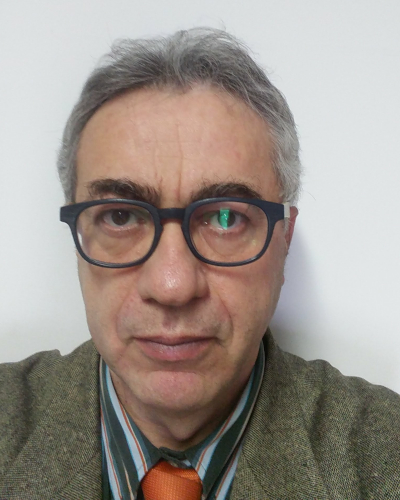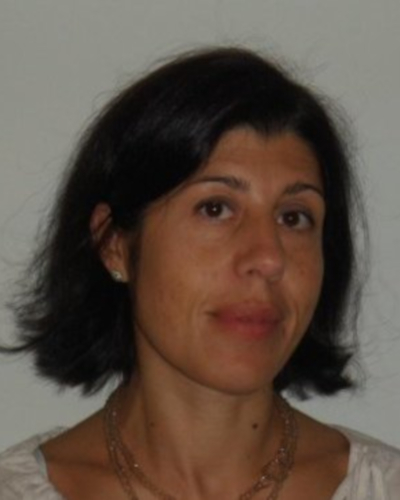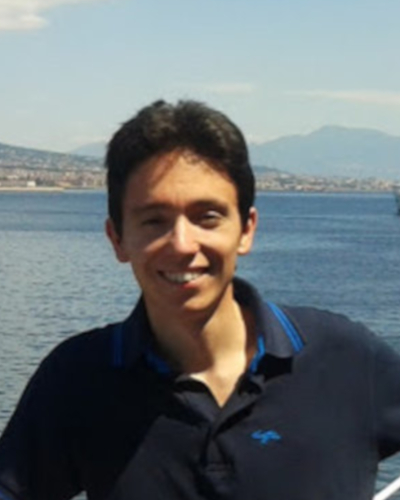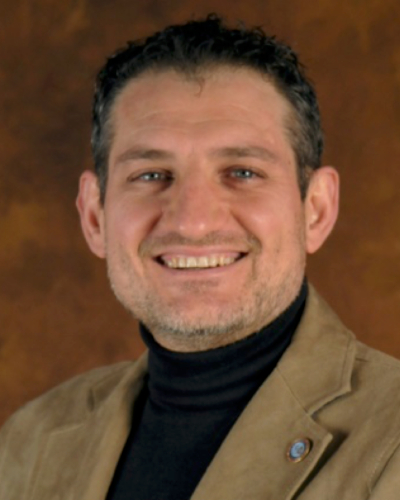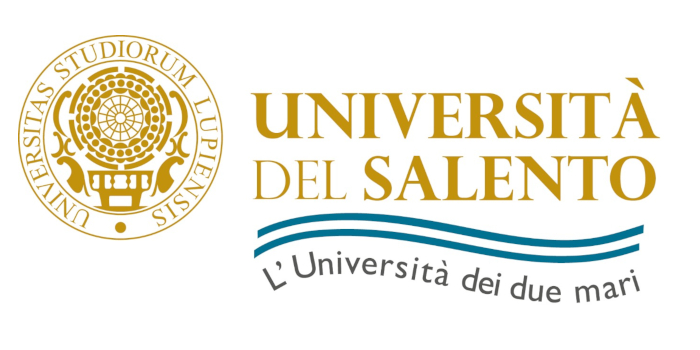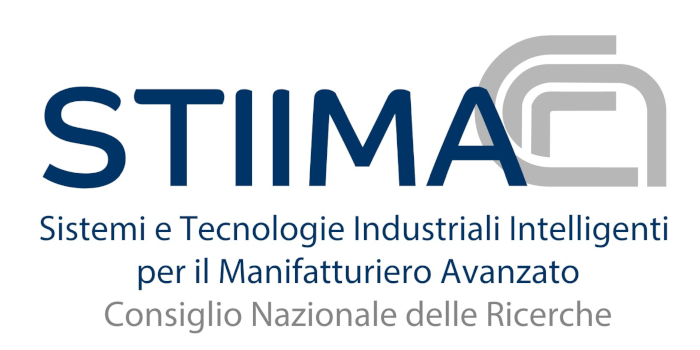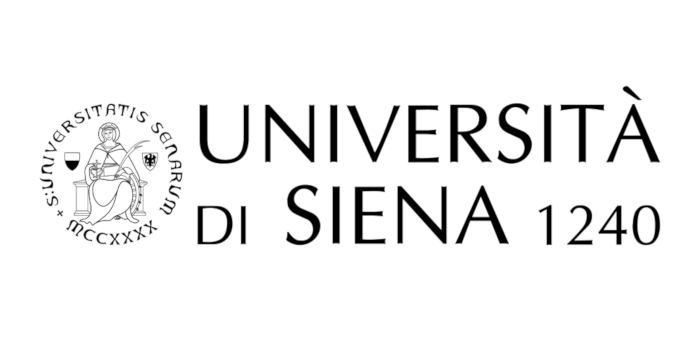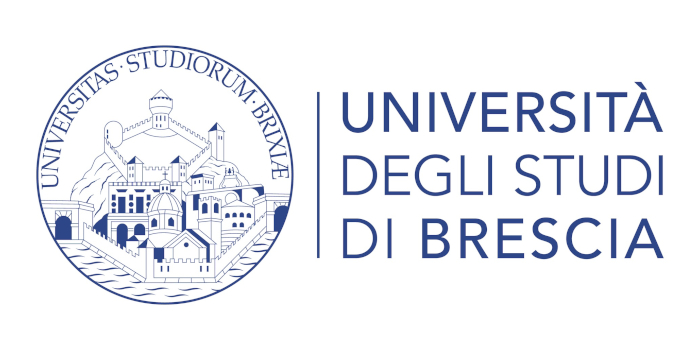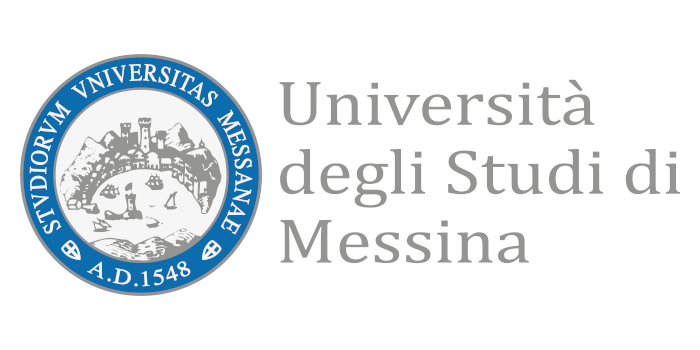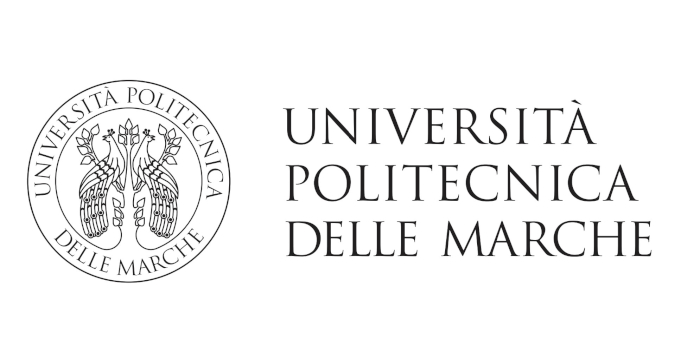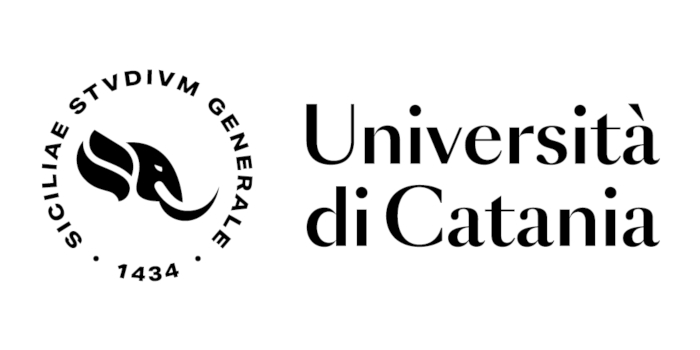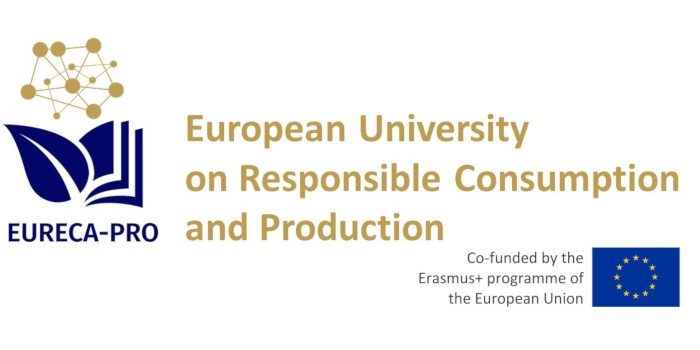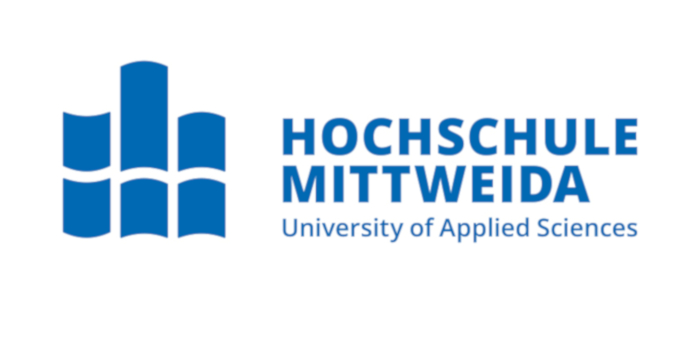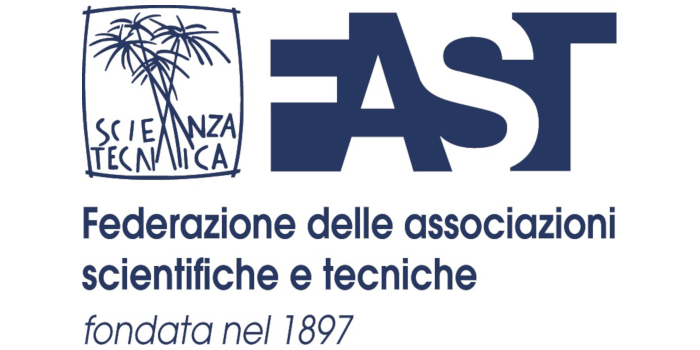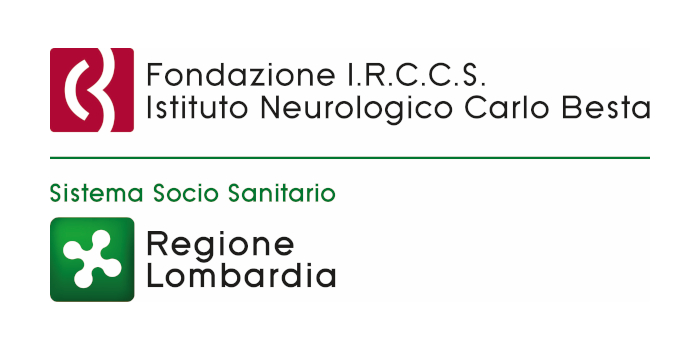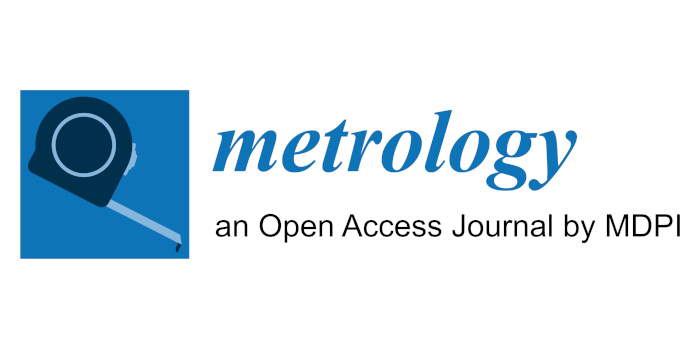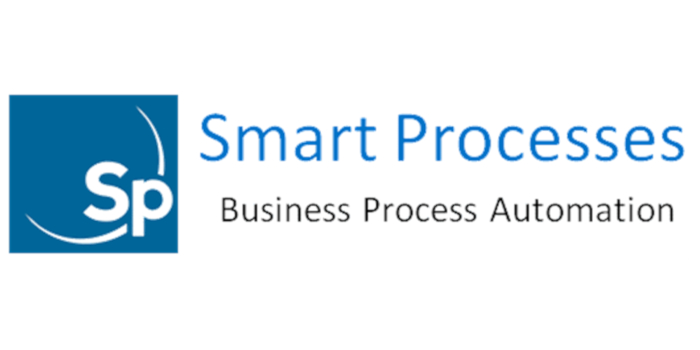SPECIAL SESSION #28
Artificial Intelligence, Biometrics and Extended Reality for Criminal Investigation and Forensic Science
ORGANIZED BY
Aldo Franco Dragoni
Università Politecnica delle Marche, Italy
Milena Martarelli
Università Politecnica delle Marche, Italy
Ephraim Nissan
Mark Nixon
University of Southampton, UK
Paolo Sernani
Università di Macerata, Italy
Paolo Contardo
Università Politecnica delle Marche, Italy
ABSTRACT
AI technologies in Forensic Science and Criminal Investigation are aiding the police for not only crime detection, but also prevention and prediction. By forensic evidence, we mean items such as fingerprints, blood, fibers, and crime tools (knife, gun, crowbar, etc.).
AI is helping in dealing with forensic evidence through classical approaches such as Data Analysis and Mining, Image Processing, Computer Vision, Statistical Analysis, Probabilistic Methods, etc.
AI is also aiding forensic experts and investigators by formulating logical evidence, 3D reconstruction of crime scenes, handling evidence effectively, and analyzing it to reach logical conclusions at various levels of investigation.
AI-based algorithms can detect a huge amount of data to discover risk, and are used for detection, prevention, and even prediction of future crime or criminal behavior.
MAIN TOPICS
Topics include but are not limited to:
- Face Recognition
- Fingerprint Pattern Identification, Classification, and Comparison
- Crime Scene Reconstruction and Extended Reality
- Violence Detection in Videos
- Classification of spectral images
- Police Investigation Support Systems
- Audio Classification, Noises, and Voices
- Artificial Intelligence Face Estimation
- Biological Age Determination
- AI in Forensic Medicine, Dentistry, Anthropology
- DNA Mining
- Neural Coding and Decoding of DNA
- Biometric image databases
- Forensic facial determinations
- Forensic iris examination
- Gait Recognition
CALL FOR PAPERS
CLICK HERE to download the Call for Paper for the Special Session on "Artificial Intelligence, Biometrics and Extended Reality for Criminal Investigation and Forensic Science"
ABOUT THE ORGANIZERS
Aldo Franco Dragoni is in charge as Associate Professor at the Università Politecnica delle Marche, where he teaches “Fundamentals of Computer Sciences”, “Artificial Intelligence” and “Dedicated Operating Systems”. Moreover, he is the head of the Artificial Intelligence and Real-Time Systems Laboratory of "Università Politecnica delle Marche", focusing on Artificial Intelligence problems to be solved within precise time constraints (i.e. deadlines). His scientific interests concern several aspects of Artificial Intelligence, from classic knowledge-based approaches to more advanced hybrid systems that integrate symbolic reasoning with neural networks. In addition, he opened a new application area for Artificial Intelligence, called “NetMedicine”, which means every “intelligent” health-related activity which is carried on through the Internet.
Milena Martarelli received an M.S. degree in mechanical engineering from Università Politecnica delle Marche (UNIVPM), Ancona, Italy, in 1997, and a Ph.D. degree in structural mechanics from Imperial College London, London, U.K., in 2001. She is currently an Associate Professor at eCampus University, Novedrate, Italy, with 20 years of experience in mechanical and thermal measurement. She has authored or co-authored 74 papers published in conference proceedings and 33 in international scientific journals. Her current research interests include non-contact measurement sensors and technology applied to nondestructive diagnostics and Vibro-acoustics for electromechanical systems performance assessment.
Ephraim Nissan A scholar with nearly 350 publications of all kinds, of which nearly 130 are journal articles. He has been a guest editor for journals about 20 times since the late 1990s, and has been founding joint editor or associate editor of four scholarly journals since the late 1980s, of which two at present. He has been engaged in artificial intelligence research within computer science (e.g., innovative tools for engineering resulted), but he also has quite a substantial record in the humanities, and in the latter, he has an honorary fellowship at the University of Manchester. His employment record has encompassed departments in either computer science, or the humanities. In computer science, his most innovative contributions include modeling the reasoning about legal evidence, a field within AI & Law that he has bootstrapped into existence, in both an authorial and organizational and editorial capacity, and on which he has authored a book in two volumes: "Legal Evidence, Police Investigation, Case Argumentation, and Computer Tools". His earliest project in this domain, in the late 1980s, was "ALIBI", which like "Thaggard's ECHO", was seminal in the domain.
Mark Nixon is Emeritus Professor in Computer Vision at the School of Electronics and Computer Science. Research interests are in image processing and computer vision, static and moving shape extraction, automatic gait recognition, and face recognition. Principal Investigator on the DARPA-supported project Automatic Gait Recognition for Human ID at a Distance, on the General Dynamics Defence Technology Centre's program on data fusion (biometrics, naturally), on the MoD/ARL (US) IBM-led Information Technology Alliance and projects supported by the EPSRC, NERC, and the EU.
Fellow of the IET, of the IAPR, and Distinguished Fellow of the BMVA 2015 award. Previously chair of the IAPR Fellows Committee, President of the IEEE Biometrics Council, and Vice Chair of IEEE PSPB.
Chair and co-chair of many conferences on Pattern Recognition, Face and Gesture Recognition, and Biometrics.
Paolo Sernani is currently Assistant Professor at the Department of Law of the University of Macerata. He received a Ph.D. degree in Information Engineering at Università Politecnica delle Marche in March 2016, defending a thesis entitled “Design and virtualization of intelligent systems for the management of assistive environments” dealing with the application of multi-agent systems to manage assistive smart environments. His main research interests include expert systems, deep learning, and hybrid techniques.
Paolo Contardo is a Ph.D. student at the AIRTLab (Artificial Intelligence & Real-Time Laboratory) for the projects "Dactyloscopy 2.0", "Fotosegnalamento 2.0", and "Violence detection in videos" which fall within the topics covered with the understanding agreement between the UNIVPM CARMELO inter-departmental research center (i.e., Center for Advanced Research on Measurements for Engineering and Life Optimization) and the "Ministero dell’Interno, Dipartimento della Pubblica Sicurezza, Direzione Centrale Anticrimine della Polizia di Stato".


